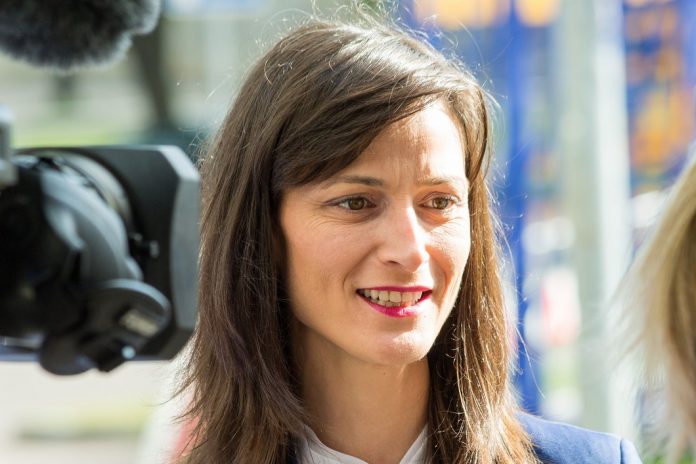Facebook and other social media platforms have until the end of the year to tackle “fake-news” online before European Union officials begin to consider further regulation.
While European officials will require online platforms to inform users where the information came from, Mariya Gabriel, the EU’s digital commissioner, said they do not want to “create a ministry of truth”.
As reported by the Financial Times, online platforms are asked to agree a “code of practice on disinformation” that flags sponsored content and helps to quickly identify and close fake accounts or bots. Online platforms will also be required to explain to users how their news feeds are built and assist independent fact-checking organisations.
Officials want to see results by the end of the year, so they can have an action plan in place ahead of the European elections in 2019.
Julian King, security commissioner, said deliberate disinformation online seeks to “influence and manipulate behaviour, to sow doubt and division [which] is a real threat to the cohesion and stability of our society and to our democratic institutions.”
In a separate report, the Reuters news agency noted that the European Commission will draw up an EU-wide Code of Practice on Disinformation by July with measures to prevent the spread of fake news such as increasing scrutiny of advertisement placements.
EU policymakers are particularly worried that the spread of fake news could interfere with European elections next year, after Facebook disclosed that Russia tried to influence US voters through the social network in the run-up to the 2016 US election. Moscow denies such claims.
“These (online) platforms have so far failed to act proportionately, falling short of the challenge posed by disinformation and the manipulative use of platforms’ infrastructure,” the Commission wrote in its strategy for tackling fake news published on April 26.
“The Commission calls upon platforms to decisively step up their efforts to tackle online disinformation. It considers that self-regulation can contribute to these efforts, provided it is effectively implemented and monitored.”

